Last Updated on by Mitch Rezman
The old guy that I am, I’ve always enjoyed a steaming bowl of oatmeal on a cold morning. What makes me feel warm at the beginning of the day is the same thing that will make your tropical bird a little more balanced in their counterintuitive environment we call winter.
A thoughtful reader responded
Every time you feed your birds warm gooey food you are infantilizing them, denying them maturity, and not accepting them as fully formed adult individuals.
Birds unlike humans have no emotional attachment to fool, they don’t need food to “feel cozy” and be reminded of being a baby.
Not to mention that feeding them gooey warm food can increase hormonal and mating behaviors inappropriately towards caretakers.
This is the time of the year when particularly African birds are thinking about going to nest, why add fuel to the fire?
The only time parrots get fed warm food is when they are hatchling and to a lesser degree as a mate bonding experience. Are these the types of relationships, as caretakers we want to promote with our parrots? Not I, I want to be my parrots’ flock mate and buddy, not their mother or their mate.
I understand you are selling products, but can we have some actual education and some fact-based reasons for doing this rather than just pray on emotions.
Thanks,
Erin
Our response
Hi Erin
Thank you for the thoughtful comment. It is our belief birds do have emotions at many levels. These emotions can be illustrated by an abused bird who has been re-homed and continues to lash out at the new caregiver because of “emotional scars”.
A flighted bird is much more confident (another emotion) than a clipped bird.
There was a long thread in a Facebook group recently on birds having car sickness with regurgitation taking an “emotional” toll on the birds experiencing it and giving the bird a negative emotional experience with food.
Ironically, everyone in the group had a solution that was feeding based on certain herbs and spices.
I queried how dosage was determined – not one response.
My suggestion was not to feed the bird 6 hours before travel if regurgitation was expected – not one comment – but what do I know other than not to get my pet bird care knowledge from Facebook.
By providing care to a parrot using a holistic approach, a few warm meals alone should not trigger additional hormonal activities. Those activities are already programmed into your bird and unfortunately, many bird companions fail to recognize them thus enabling these issues without addressing core issues like allowing nesting behavior or rubbing a parrot’s beak.
At the end of the day, there is little information available regarding the correlation between parrots and their emotions towards food. We know crows are smart enough to play dead next to a carcass that has recently been killed by another predator – by playing dead other crows flying above think the carcass is bad and has poisoned the crow on the ground. Birds in general operate on a much higher plane than we give them credit for.
We feel if we’re going to feed a bird for 50 or 60 years, a little variety really won’t hurt now and then.
Mitch Rezman
General Manager
Windy City Parrot, Inc.
Author Profile
Latest entries
 The Traveling BirdJune 26, 2025Can You Name 5 Parrot Species That Are Living Wild in the USA?
The Traveling BirdJune 26, 2025Can You Name 5 Parrot Species That Are Living Wild in the USA? Bird BehaviorJune 26, 2025How is it Parrots Are Problem Solvers Social Animals and Even Use Tools?
Bird BehaviorJune 26, 2025How is it Parrots Are Problem Solvers Social Animals and Even Use Tools?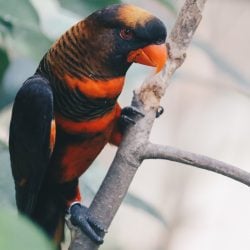 Bird & Parrot AnatomyJune 25, 2025How a Tiny Chemical Modification Makes Parrots Nature’s Living Paintings
Bird & Parrot AnatomyJune 25, 2025How a Tiny Chemical Modification Makes Parrots Nature’s Living Paintings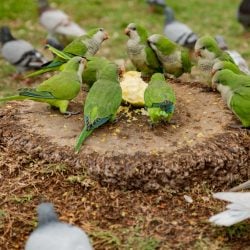 PigeonsJune 20, 2025How Do Parrots Thrive in Cities Outside Their Native Habitats?
PigeonsJune 20, 2025How Do Parrots Thrive in Cities Outside Their Native Habitats?
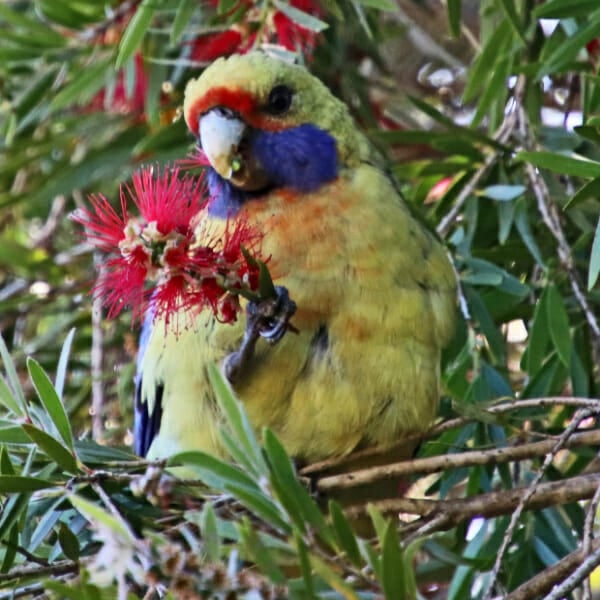
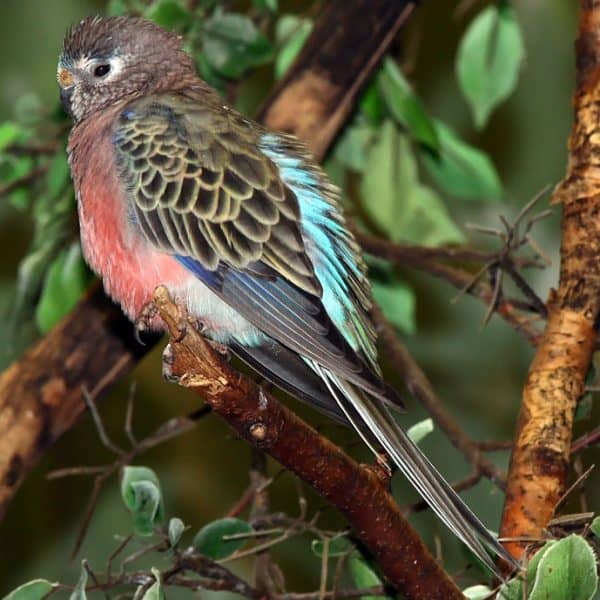
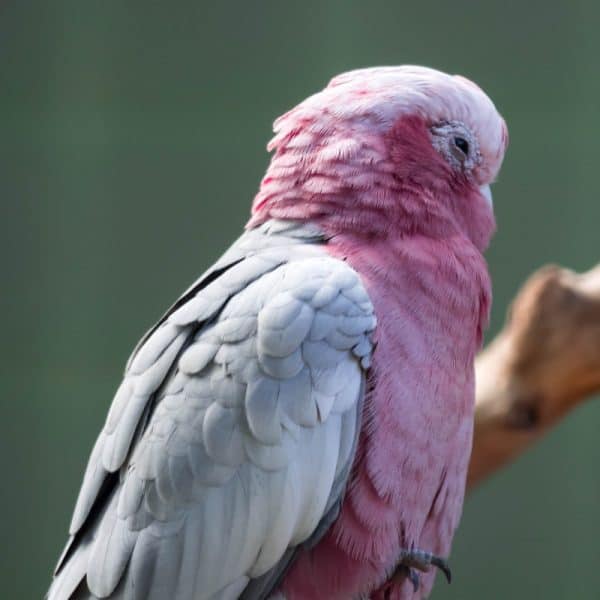
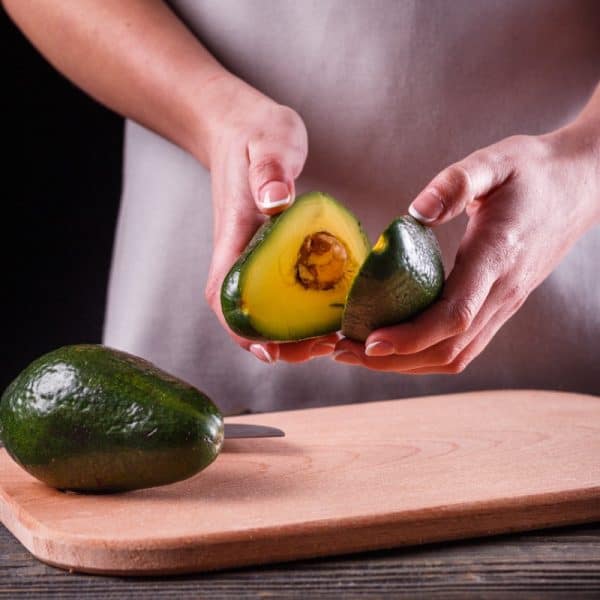

Kiki
5 Jun 2022Really happy to see you acknowledging the emotional complexity of our companion parrots. I was recommended by a couple behavioral experts to feed my traumatized parrot formula from a syringe on occasion when she got really stressed. It’s not an everyday thing, maybe once a month or less at this point. But it calms her down, makes her feel loved, gives her a few extra calories while she’s worked up, and has helped with her food insecurity. And it does not increase her breeding response unless I were to do it multiple times a day for an extended period of time. And a great bonus was that when she needed meds out of a syringe she already had a long history of positive association with the syringe and was willing to participate in her own health care. Obviously, I’m not advocating we keep all our birds on formula. But this is an example of how our bird’s emotional needs related to food can be complex and part of their overall well-being.
mitchrezman
6 Jun 2022Excellent point Kiki – you’ll enjoy this video – I bookmarked a place for you – just watch for a minute or so
https://youtu.be/9OJaYHw0MCo?t=844
BTW – he’s a customer
Best
Mitchr